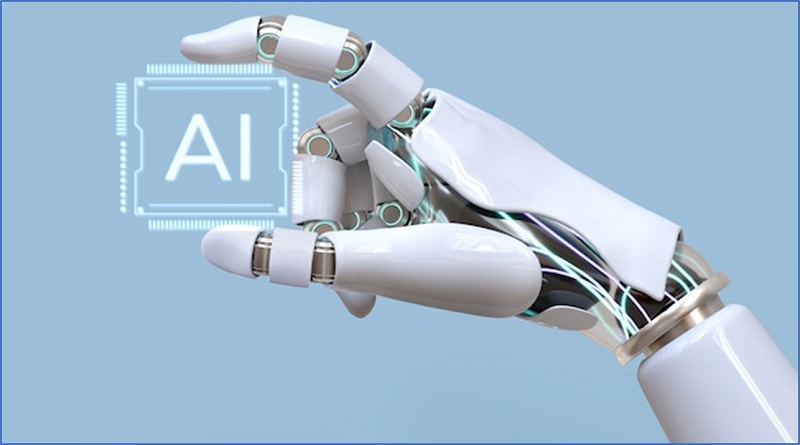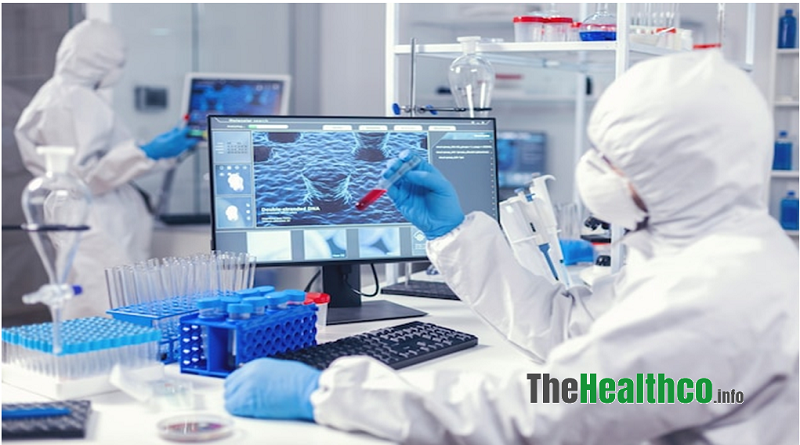When we say that artificial intelligence powers the digital world of today, no one will be surprised. We utilize a variety of AI services and technologies daily, including product suggestions, voice assistants, chatbots, video games, several cutting-edge mobile applications, etc. Here are a few basic tools and technologies that use AI. However, when used wisely, AI technologies are a godsend in many industries, including healthcare.
The importance of AI in terms of business benefits is growing daily as it enables firms to make better data-driven decisions and enhance business processes by boosting the precision and speed of strategic decision-making. These innovations are fantastic for humans and are specifically made to reduce human effort as much as possible. As a result, we can state that AI is improving our quality of life and making it easier than before.
To achieve goals more quickly and stay ahead of rival businesses in the market, many organizations and sectors are now openly utilizing AI tools as their primary step of strategic operations. AI is thought to be the future of all complicated decision-making systems and the foundation for all computer learning. Due to the rising demand for qualified individuals in this field, there is also a great demand for certification programs like the Artificial Intelligence Course in Chicago and other modern cities.
This article will discuss the uses of artificial intelligence in the healthcare sector that are drastically changing our lives.
Artificial Intelligence in Healthcare Sector
The world has witnessed great advantages in the field of healthcare and medical settings. Generally, AI in the healthcare sector refers to an umbrella term that describes the application of ML ( machine learning) algorithms and other cognitive technologies in medical settings. In another simple way, AI involves computers, robots, and other machines mimicking human behavior and are capable of learning, thinking, and making decisions for medical terms or healthcare issues. AI in this domain refers to mimicking human acts in the analysis, presentation, and comprehension of complex healthcare and medical data. It is also known as the ability of computer algorithms to approximate conclusions based solely on input data.
AI applications for healthcare are specially designed to analyze relationships between clinical techniques and patient outcomes. These AI applications are used in several complex medical processes such as diagnostics, treatment protocol development, personalized medicine, drug development, patient monitoring, etc. AI involves deep learning and machine learning algorithms to gather data, process it, and present a well-defined output to the end-users. The benefit of these technologies is that they can identify patterns in behavior and create their logic in specific terms and conditions.
Applications of Artificial Intelligence in Healthcare
Everyone knows that AI has made a major impact across several industries, mainly in the healthcare sector. This evolving technology has become a part of our daily lives in ways one has never thought of. It is witnessed that successful uses of AI technologies in the healthcare field are radically changing the form of the IT industry as well as medical settings. It is used to discover links between genetic codes, power surgical robots, and maximize hospital efficiency. Let us have a look at how these technologies work smartly in this zone.
- Cancer Diagnosis- AI proves to be a boon as a PathAI tool of artificial intelligence allows pathologists to predict and make an accurate cancer diagnosis. It also offers a wide range of new techniques for specific or individual medical treatment. It helps to reduce errors during the diagnosis process for critical diseases. Patients can get advantages of AI technologies as they can look after or be cured at a stage where it does not turn fatal. Thus AI in healthcare saves a huge number of lives through accurate diagnosis.
- Advice and Treatment for rare diseases- AI technologies are changing the approach to healthcare with BERG, an AI-based clinical-stage biotech platform designed to map diseases to speed up the searching and creation of advanced breakthrough vaccines and medicines. It also allows medical professionals to create robust medicines and products for patients fighting rare diseases.
- Robotic Surgeries- Robotic surgeries are one of the best supported by AI techniques in this domain. Advanced robots and AI have revolutionized surgeries in terms of their depth and speed while making sensitive and delicate incisions. So there are no more issues of getting tired in the middle of lengthy and crucial procedures are eliminated.
- Enhance Primary Care and Help via Chatbots- Artificial intelligence also can assist in enabling smooth flow and automation in primary healthcare. It also allows doctors to stress over more crucial and dire cases. It helps save money on avoidable visits to the doctor. Patients can get benefits from medical chatbots, which are made up of smart algorithms that can provide patients with instant answers to their health-related queries. It also offers guidance on how to deal with any potential problems.
- Virtual Nursing assistants- Just like Alexa and Siri (AI voice assistants), there are Virtual nursing assistants available 24/7 offered by AI systems. It can perform a range of tasks through conversations with parents to direct them to the best and most effective care unit. It can respond to queries, examine patients, and provide instant solutions to solve problems. It is beneficial in saving time and avoiding unnecessary hospital visits.
Support in clinical decisions, Primary care, accurate diagnosis, minimizing the burden of EHR use, early diagnosis of fatal Blood Diseases, treatment for rare diseases, targeted treatment, automation of redundant healthcare tasks, management of medical and hospital records, etc., are also important uses of AI technologies in this sector that are beneficial.
So we can say that artificial intelligence simplifies the lives of doctors, patients, and hospital administrators by performing complex tasks that are typically done by humans with less time, cost, and effort. AI machines can also employ data from past operations to develop new surgical methods.






